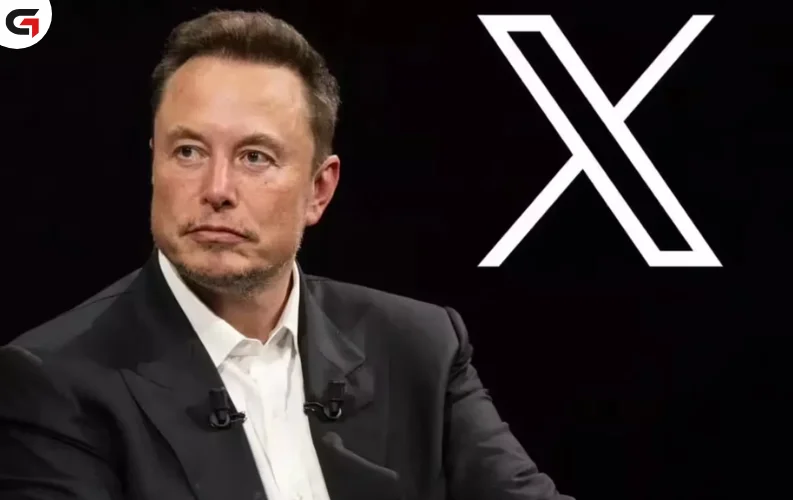Elon Musk has taken a significant step in transforming his social media platform X by announcing the launch of XChat, a new privacy-focused messaging tool designed to challenge leading apps like WhatsApp, Signal, and Telegram.
Elon Musk has taken a significant step in transforming his social media platform X by announcing the launch of XChat, a new privacy-focused messaging tool designed to challenge leading apps like WhatsApp, Signal, and Telegram.
XChat is now available in beta mode for select paid subscribers, offering encrypted messaging and voice/video calls without the need for linking a phone number — a key differentiator that positions the app uniquely in the digital communication landscape.
In a post on X, Musk described the new feature as "all new," emphasizing its focus on secure, cross-platform communication. “You can do audio/video calls without a phone number across all platforms,” he wrote. The move is part of Musk’s broader vision of turning X into a comprehensive ‘everything app’ — one that not only facilitates social networking but also serves as a messaging hub, financial tool, content platform, and possibly even a dating service.
Privacy and Security First
XChat introduces Bitcoin-style encryption, although detailed technical specifications have not yet been disclosed. The chat system is reportedly protected with end-to-end encryption and includes features like disappearing messages and a user-set 4-digit passcode for added privacy.
These features are designed to meet growing concerns over data privacy, especially as traditional messaging platforms face scrutiny over user data collection and surveillance risks.
No Phone Number Required
Perhaps the most striking feature of XChat is its decision to drop phone number-based registration entirely. Unlike WhatsApp and Signal, which tie user identities to phone numbers, XChat uses internal credentials, eliminating the need for users to share personal contact details. This could appeal to a new generation of privacy-conscious users who seek more control over their digital identities.
Competing With the Giants
By introducing XChat, X steps directly into a space dominated by messaging apps backed by major tech giants. WhatsApp, owned by Meta, is the most widely used messaging platform globally, with end-to-end encryption already enabled by default. Signal appeals to users seeking high privacy standards, while Telegram offers optional encryption but lacks default E2EE in all chats.
Analysts note that Musk’s approach could reshape expectations around private communication. “This is a bold move,” said a Dubai-based cybersecurity expert. “If it works seamlessly and offers a smooth user experience, it could genuinely disrupt the messaging space.”
The 'Everything App' Vision
XChat is not an isolated launch. It follows a string of upgrades to X’s infrastructure, including group chats, vanishing modes, and multi-format media sharing. Musk has previously expressed intentions to evolve X into a platform akin to China’s WeChat, which integrates messaging, payments, booking services, and more under one interface.
As XChat rolls out and expands, it will be closely watched by users and competitors alike. Whether it becomes a dominant force or remains a niche offering will depend on its adoption and execution.




















